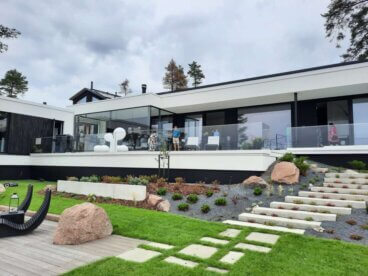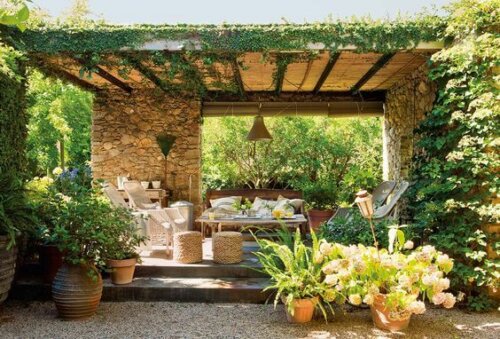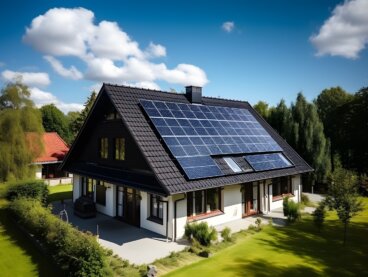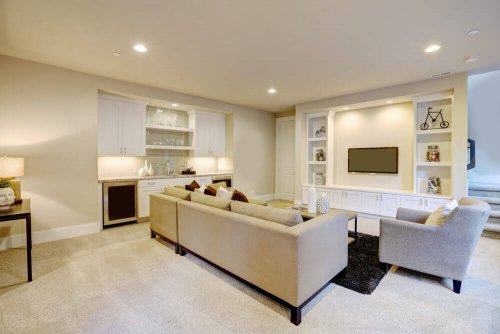Transforming your Kitchen with New Counters

Do you know the best materials for your kitchen counters? Granite, marble, wood, Corian, Silestone… Choose the one you like the most, according to your needs.
Be careful and choose one that’s resistant to heat and water, but that’s also easy to clean.
Types of counters for your kitchen
Natural materials
Pros:
In this category, you’ve got granite and marble. These materials are the most common for counters because they’re resistant.
Although they go dark over time and can’t be polished without dismounting them, they’re very practical because they’re easy to clean, which is great for any kitchen.
It’s worth noting there are a lot of colors and finishes. You can choose from many different types of granite and marble.
Wood is another good choice because it’s comfortable to work with. The most used type of wood in the kitchen is a light wood, like maple, beech, cherry-tree, and tropical wood like teak.

Cons:
Natural materials are porous, which means they stain easily. The veinier the marble is, the more porous it is. Keep this in mind if you want to keep it in top shape.
Oil, fats, and acids can damage wood and cause hard to clean stains. They also take away wood’s natural shine, making them lose their beauty with time.
Keep in mind that wood is a relatively delicate material, so it’s better to use it in areas the least exposed to water.

Counters for your kitchen made of synthetic materials
Pros:
Most new synthetic materials are great for the kitchen area because they’re resilient to knocks and stains, they’re light, easy to clean, and are resistant to water.
Silestone, made with sand, is very colorful and resistant. Also, counters made of Corian, feel very soft to the touch.
All of these materials come in many colors and finishes and are very affordable.
Cons:
Most new synthetic materials are made to imitate natural materials: laminates imitate parquet, and compacts mimic granite.
They used to be cheaper than natural materials, but their price is high nowadays.

Laminated materials
Pros:
Counters of laminated materials are made with several layers of pressed kraft paper and colored paper, protected with resin. It’s a good material for worktops and shelves because it helps reduce or eliminate spaces between them.
Compact elements don’t have a wooden base, so they’re floating shelves that imitate natural fibers, such as wood.
Keep in mind that there are many types of finishings to choose from and they’re easy to clean. If you don’t want to spend too much money, choose laminate because it’s very affordable.
Cons:
Although it’s very resilient and perfect for high-performance kitchens, because it’s made of wood, laminate can warp if water penetrates it.
It’s also worth noting that some laminates have a little dent in the back of the worktop that’s filled with neoprene to avoid water from warping it.
Lastly, although some laminate is very resilient, it doesn’t don’t do well in high temperatures or direct heat, unlike granite and marble.
Now you know. If you want to change your kitchen counters you can choose some of these materials. Then, tell us all about it!








